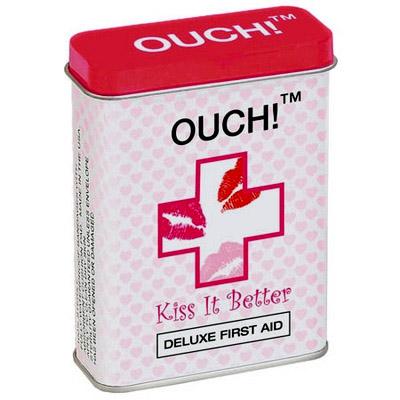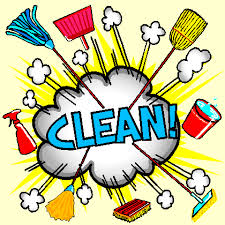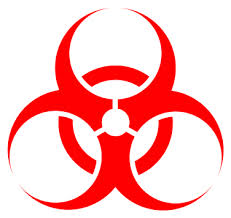Recalling a conversation I had early in my life, it was a simple question asked by a colleague. I was sharing my news of being HIV positive and he appeared to have sympathy to my story. I wasn’t looking for it but nonetheless it was offered. Unfamiliar speaking to someone HIV he then asked me a question that made me winch, “Was I going to die?” Again I knew he wasn’t coming from a place of malicious intent but unknowingly to him he brought forth in me an uncomfortable state. It was an ’ouch’ moment. A statement that was inappropriate based on the sensitivity of the subject-me, and my current situation-my status. But again, not knowing- him, he asked an inappropriate question.

It seems like a no-win situation if people who don’t know about HIV, are unable to ask questions based on the perceived insensitivity. How can people not offend or place one in a box? It’s a tricky question as like my friend, it’s not their intent. They just don’t have the understanding that there are certain sayings that should be avoided to not invoke an ’ouch’ moment.
To help bridge the dialogue I’ll point out certain remarks which can cause an ’ouch. Not everyone will agree with the list as we all have different level of tolerance. Not to mention the overly politically correctness of said statements and how some may feel a backbone is needed. In my defense as a man who has lived with HIV for twenty something years, my ’ouches’ are less painful but for someone newly diagnosed, they may have yet to build a resilience to such questions.
So I present my ’ouches’
1. Are you going to die?
We’re all going to die, so my immediate response would be yes. In relation to HIV the answer is no. This question establishes a connection between death and one’s status which today is not the case anymore. This stigma belief has been attached to the HIV since its birth when men were literally dying. Yet unlike previous years medical treatment has advanced greatly and the numbers of death from HIV has decreased. Someone with HIV today is more likely to get hit by a bus than die from the disease.
2. Who gave it to you
For me this is ’none of your business’ question. It resonates with gossip as any information I provide won’t help me with the support system I need. It also makes a person relieve that moment that some may want to forget. Also there may be a perception that judgment will be placed and questions will be raised about a person sexual practice. For those who haven’t come out, the question is especially terrifying and may prevent them from seeking additional health services. The only one who may ask this question in a different way is a doctor as he/she is asking to determine a course of treatment for you based on your sexual history.

This is a question not asking about the condition of your house or whether you’ve taken a bath lately. This is another way to ask whether you’re HIV positive. You’ll most likely be asked this on online hook up sites. There are various campaigns which points out the detrimental aspects of this term and the stigmatizing aspects of this phrase. Immediately one relates the opposite of clean is dirty and by asking, if the answer is yes the assumption is that the person is dirty, unworthy, damaged goods. Asking someone their status before sex is smart, for everyone, not just those HIV negative. Yet to use this particular phrase is troublesome.
This is a fairly new question usually by those who have a desire to engage in unsafe sex. Unfortunately this term has created a subgroup within a group. The intent to have sex with you is not based solely on you as a person but on a set of numbers provided to you by the doctor. There are recent studies that show if someone is undetectable and regularly follow their regimen the risk on HIV exposure is small, yet there is still a chance. Also for those who aren’t undetectable for any reason they can still use safe sex methods and not be disqualified. The worrisome nature of this question also provides the impression HIV is the only concern and not any other STD’s which should also be in the dialogue.
This is more a statement than a question and I still laugh when people share this with me after all these years. I always feel it’s someone’s way of giving me a compliment. It’s unfortunate that after all these years there are those who insist that one can look at a another person and know whether or not they’re HIV positive. This has existed since the early days of HIV when people developed gaunt features and visible sores, but that is no longer the case. HIV does not have a look, smell or feel. You can be muscular or thin as a rail, rich or poor, any race or gender and still have HIV. So sharing this statement is also sharing that you don’t have full knowledge about HIV.
Are you infected?

This is my own ’ouch’ statement and may not exist on anyone else list. The word just doesn’t bring forth to me a positive image. The word itself has such a similarity with words like contaminate, ruin and blight. To me it builds on the stigma that having HIV makes one less of an individual. In my writings I tend to use ’exposed’ when describing a person’s status. It doesn’t seem to have such a negative image that the word infected creates. But again this is just my own feeling.
What are your ’ouch’ moments or am I and others being to overly sensitive. Share and discuss how we can move past the ’ouchiness’ of HIV







4 Comments
4 Comments